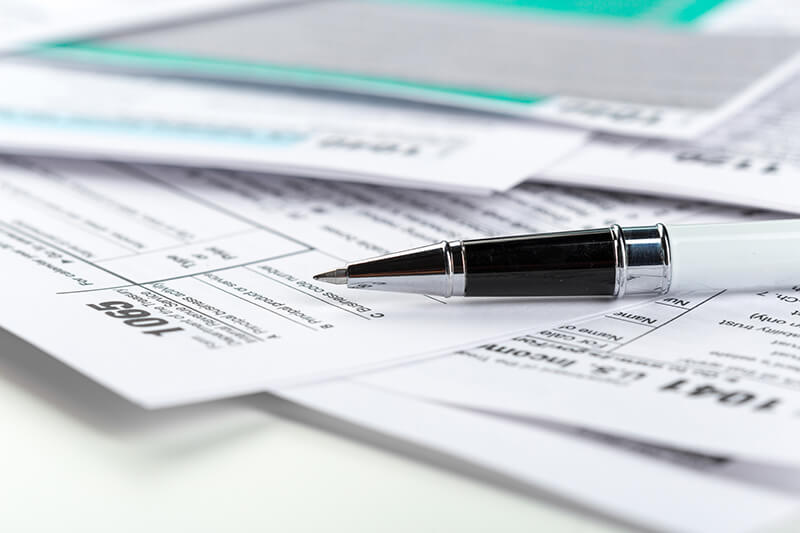- 385-492-4645
- accounting@jaunett.com
- Mon - Fri: 8:30 - 5:00
An experienced accountant can help you organize your business’s financial information in a way that makes it easier to identify those factors that affect your company’s profit-earning potential.
We can help you prepare for an audit as well as generate reports that investors and financial institutions need before financing your company. We are detail-oriented and we are committed to making sure that you receive accurate, timely financial summaries. If you have questions about our process or any of the information we provide to you, we will be happy to sit down and address those questions with you.

Business 1065 (Includes Utah State)
Business 1120 (Includes Utah State)
Business 1120S (Includes Utah State)

Personal 1040SR
Schedule A
Schedule C
Schedule D
Schedule E
Schedule F

Our payroll and tax filing services are designed specifically for small businesses to help keep things simple, affordable, and in compliance with regulations. We offer certified payroll services and have multi-state payroll capabilities.
Our bookkeeping service can help you keep organized. We can keep you compliant by reconciling your bank account and preparing accurate financial statements.


Today’s tax laws are complex and confusing. It’s easy to overlook deductions and credits to which you are owed. We stay abreast of all the tax law changes and advise our clients on the best course to take when preparing their taxes.
When it comes to taxes, there are more forms available than we could possibly list on our website. However, we fulfill an array of tax preparation and tax forms. If there are any services that aren’t listed, please give us a call to discuss your needs.

Yes. There are numerous forms that can be filed and we couldn’t possibly list them all. However, we fill a variety of forms and would be happy to assist you. If you have questions about a particular form or service, please feel free to call.
© Copyright 2021 Custom Payroll & Accounting. All Rights Reserved. Site By Rebel Ape Marketing